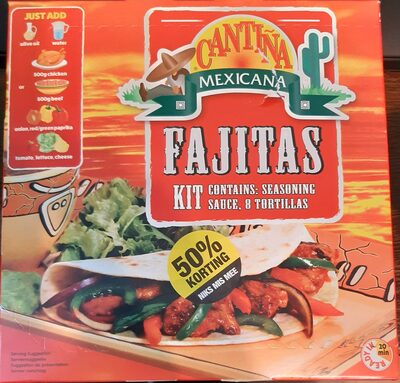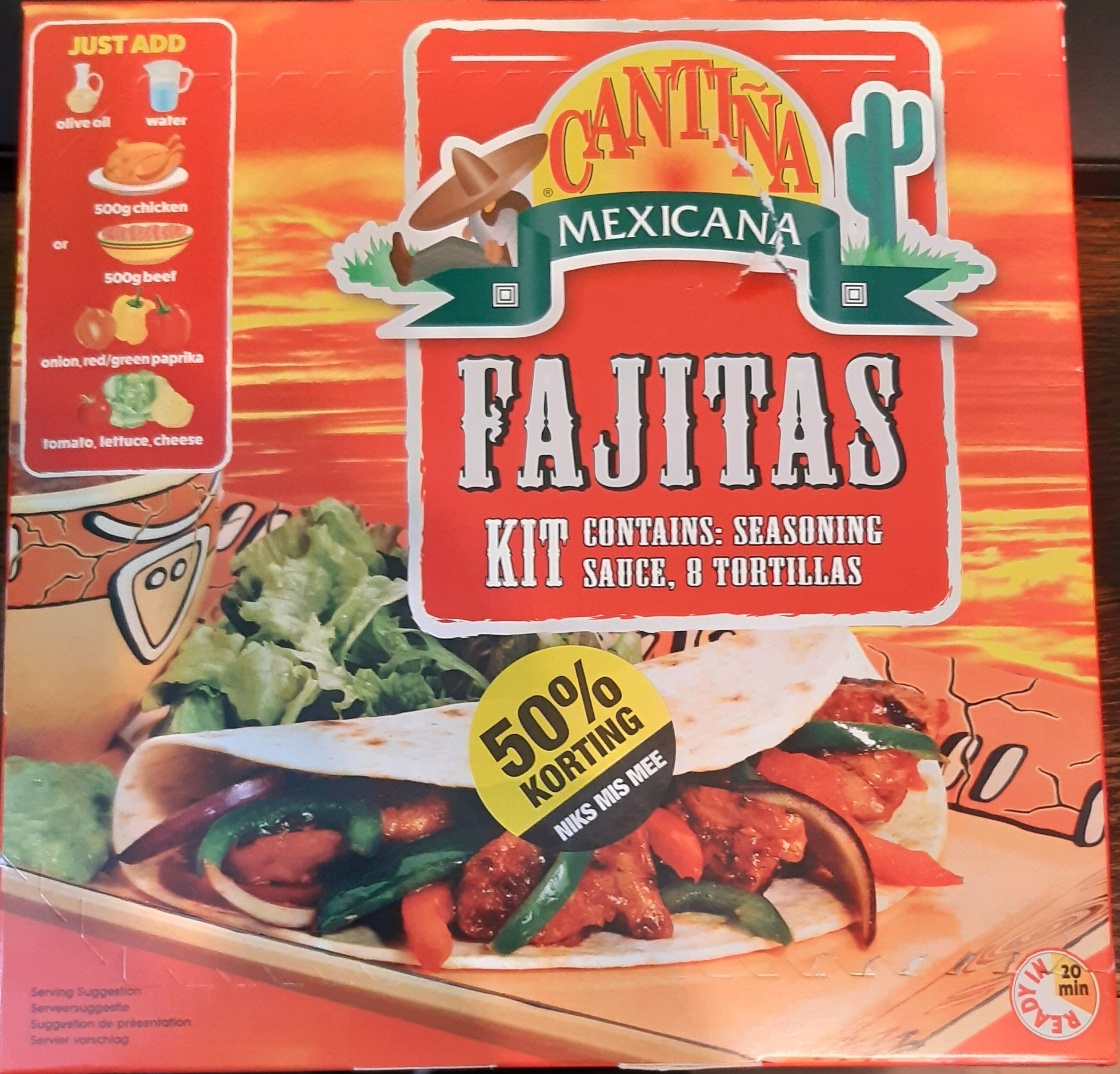8 Fajitas Dinner Kit - Cantiña Mexicana - 525g
This product page is not complete. You can help to complete it by editing it and adding more data from the photos we have, or by taking more photos using the app for Android or iPhone/iPad. Thank you!
×
Barcode: 0011359640168 (EAN / EAN-13) 011359640168 (UPC / UPC-A)
Quantity: 525g
Brands: Cantiña Mexicana
Labels, certifications, awards:
Green Dot
Countries where sold: Morocco, Netherlands
Matching with your preferences
Report a problem
Data sources
Product added on by kiliweb
Last edit of product page on by quentinbrd.
Product page also edited by denierdik-gmail-com, isabel626, kaitocross, yuka.VkpzTk80Z3QrZE1wcC9NNyt4ajQ0T3hLLzVLRVZucXlLOFlSSWc9PQ.
If the data is incomplete or incorrect, you can complete or correct it by editing this page.










